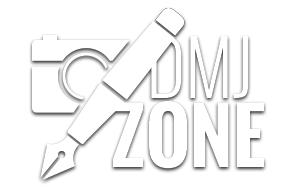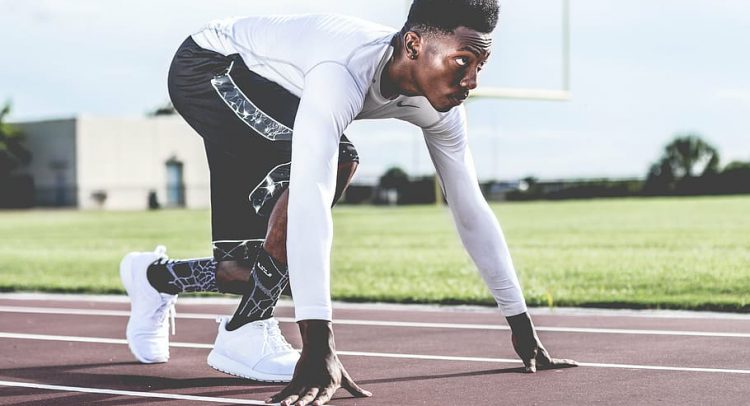ATHLETES AND ATHLETIC STAFF REFLECT ON COVID-19.
By Brendan McWilliam
With the OCAA’s recent announcement of college sports being cancelled for the winter semester in 2021, many student-athletes across the province will have to put their talent on hold once again.
They aren’t the only group of athletes that have been affected. Athletes in all realms of sports have been affected by COVID-19 and the new policies and safety protocols required.
Kyle “The Monster” Nelson is a professional mixed martial artist who fights in the UFC. He has been training for 15 years while fighting competitively for nine. Based in Huntsville, Ont., he earned the title of Elite 1 Featherweight Champion. He has not fought in the past year because of COVID-19 and said it’s affected his fighting capabilities.
“When I first heard the UFC was cancelled because of [COVID-19], I kind of understood because of how the projections of the pandemic were,” said Nelson. “When the pandemic first started, I had to make some extreme adjustments, but as things slowly open back up, I am getting closer to how my training used to be.”
Alyssa Dinkel is a Laurier student and equestrian who competes provincially on the hunter and equitation circuits as well as dressage. She has trained up to the international dressage level with her equine partner and ranked sixth at provincial championships in 2019.
“I was really disappointed when I found out that I couldn’t compete this year,” said Dinkel. “I had made plans and trained all winter to move up levels and my horse was doing really well.”
With the unpredictability of the pandemic, it can be difficult to plan a return to sports. This affects athletes who need to keep a consistent training schedule to be mentally and physically prepared, as not knowing an exact return date can be a challenge for those who plan their training according to when their next event is or who they are competing against.
“It’s definitely hard to stay motivated to stay in shape and eat right when you’re not sure when the next fight will be,” said Nelson. “I have to be prepared for a lot more physically because of all the possibilities that a fight presents. Mentally, I think it’s a little more difficult also because the potential for injury is much higher and the fear of losing because one loss in my sport can set you back a lot.”
“I don’t just have to keep myself fit and healthy but a 1,200-pound animal who is prone to injury and accidents as well,” said Dinkel. “There’s a very fine line between training too much and too little when it comes to physical preparation and you always have to be careful as to what skills you decide are important to work on.”
People who are involved in athletics are also feeling the effects of COVID-19.
“We are no longer hosting in-person events, so we pivoted to online campaigns instead, and we are no longer hosting extramural or intramural programming and our sports club programming has shifted to online virtual engagement,” said Megan Jacklin, co-ordinator of Recreation & Student Life within the Athletics & Recreation Department at Laurier Brantford in an e-mail. “As a department, we are trying our best to come up with creative ways to engage with our athletes and students.”
Doug Cooper, co-coach of Laurier’s men’s and women’s basketball teams, has also felt the effects of COVID-19 on his teams.
“At this time of year we would be preparing for our first tournament of the year with practices geared towards winning that tourney and setting the stage for the other tournaments in the year,” said Cooper. “At this point, all I can do is look forward to next season and some kind of normalcy and getting back to coaching next year.”
Even though sports have been cancelled this year, athletes must look ahead to next season, and it is their responsibility to train and prepare accordingly to be at peak performance for whenever their respective sport begins again.
“It’s a struggle to get up and not know if you’re going to be able to do what you love a lot in the future but even if you can spend ten minutes just trying it will give you so much hope,” said Dinkel.
“I would remind other athletes that these times are not only hard for us but hard for everyone,” said Nelson. “There are a lot of people in much worse situations than professional athletes. So always try to be kind and considerate and if possible help out where you can.”

